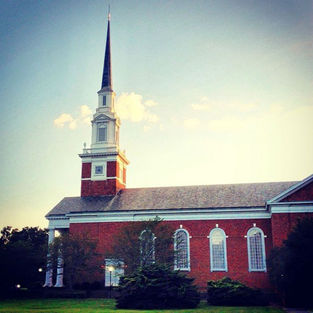
Sermons from Trinity Presbyterian Church of Charlotte
Podcast – Trinity Presbyterian Church – Charlotte, NC
Weekly sermons from the heart of Charlotte, pondering the intersection of faith and life in the 21st century. Growing together, welcoming all on Providence!
- More Episodes? Get the App